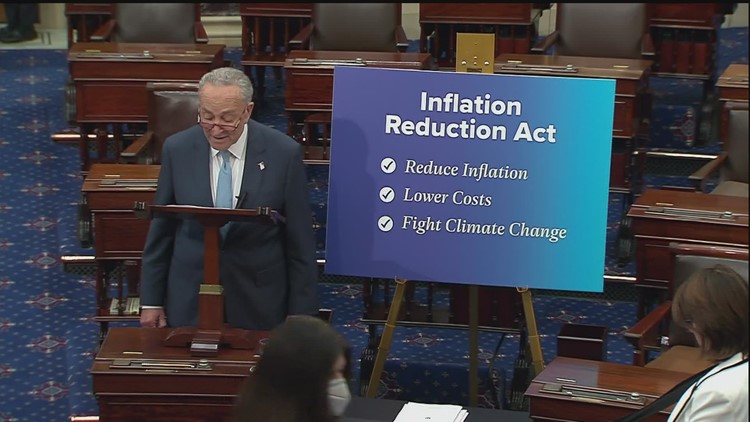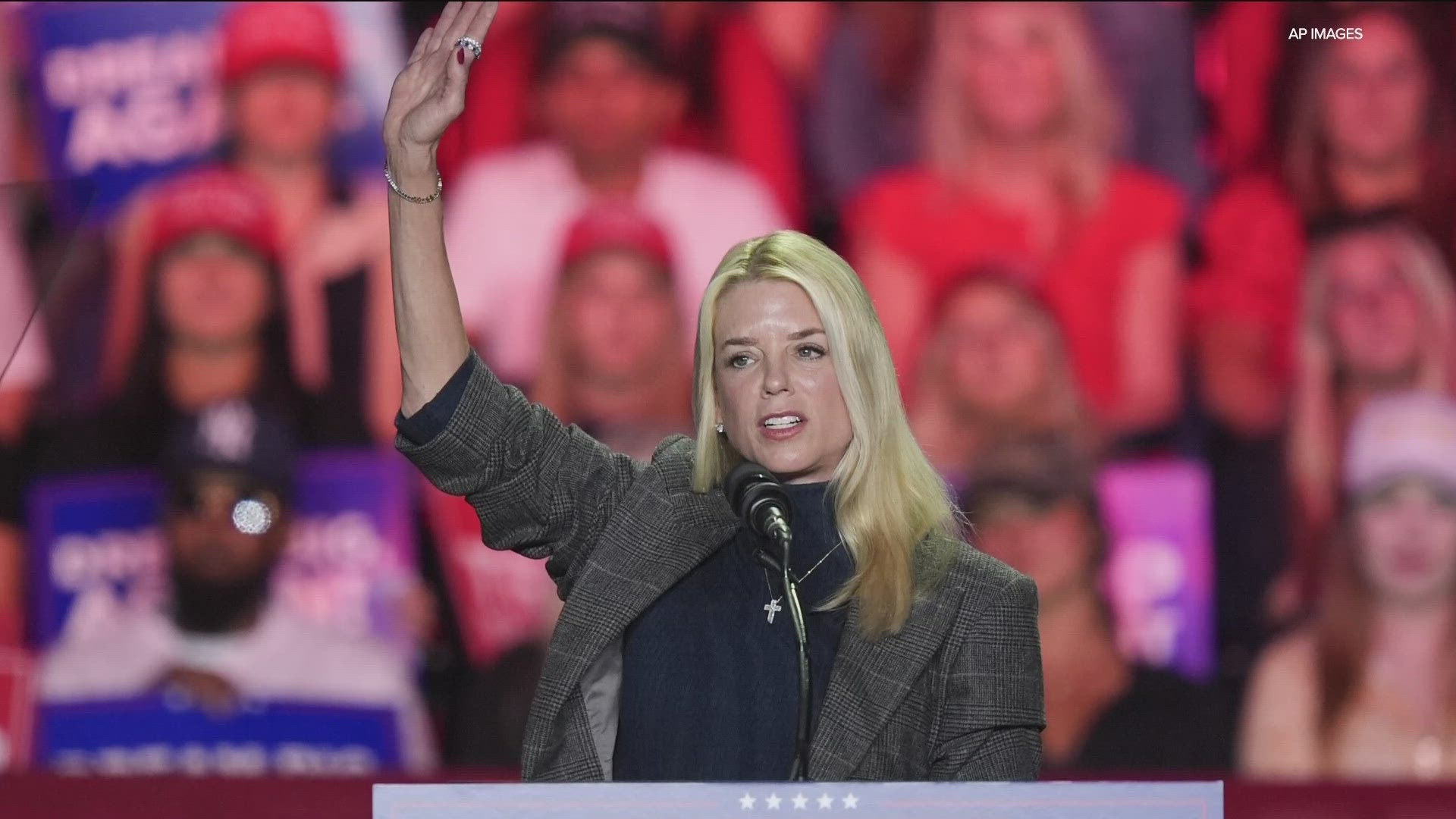MINNEAPOLIS — The Inflation Reduction Act of 2022, a bill which recently passed by the U.S. Senate, includes provisions to increase access to affordable healthcare.
"There's sort of two groups of people who I think are going to be potentially impacted by what's in this law," said Ezra Golberstein, associate professor of Health Policy and Management for the University of Minnesota School of Public Health.
The most immediate impact of the healthcare provisions in the Inflation Reduction Act will come in the form of extended healthcare subsidies for roughly 13 million of Americans who qualify under Obamacare.
"This means that health insurance premiums on the individual marketplace will be considerably less expensive because these subsidies are going to be in place for three more years," Golberstein said. "So if that's where you get your health insurance from, that's a very, very big deal."
People on Medicare make up the other major group that will see a significant impact in a short amount of time.
"For the first time ever, (the Inflation Reduction Act) puts a cap on how much Medicare patients are expected to pay out of pocket for their prescription drugs in any given year," Golberstein said.
Beginning in less than four years, the legislation also opens the door for the federal government to begin negotiating prices with drug companies for the first time. That negotiation power is very limited in scope for now - beginning with just ten drugs in 2026 and expanding to 20 drugs in 2029. But Golberstein says it will still be impactful for many, because it targets high-cost drugs that have very limited competition.
KARE 11's Kent Erdahl asks, "Does simply starting this process of saying we are going to negotiate on some drugs, potentially change pricing in general or this industry in any way?"
Golberstein said, "I think that that's the really big question that's on everybody's mind right now. I don't think it will have a huge tidal wave effect on the industry more broadly as it's currently written, however, if this is just sort of the opening and we do see more expansive and more extensive government negotiation with prescription drug manufacturers in the future, that could change."
Diabetics were part of another big group that had expected to benefit from the Inflation Reduction Act, but two big provisions aimed at reducing the cost of insulin failed in the final hours.
"My initial reaction is I'm very, very disappointed," said Nicole Smith-Holt, leader of MNinsulin4all.
Smith-Holt has advocated for affordable insulin since 2017, when her son, Alec Smith, died after rationing insulin he struggled to afford.
In the final day of Senate negotiations, she watched as two key provisions aimed at insulin affordability failed. All Democrats and a handful of republicans in the Senate voted to maintain a $35 federal cap on insulin co-pays for anyone with insurance, and to keep a provision for the federal government to negotiate insulin prices. However, the provisions failed to get the 60 votes that were required due to senate rules.
"To have, at the last minute, the rug pulled from underneath you was really frustrating and disappointing," Smith-Holt said.
She has overcome similar frustrations in the past. A similar setback in the final days of the Minnesota legislature delayed the Alec Smith Emergency Insulin Act by a year, but she eventually helped win support for the measure. She's also helped push for other successful state co-pay caps on insulin.
"Those are just Band-Aid fixes," he said. "We have fought for so long to have federal changes and it really looked like we were getting somewhere. When you're looking at over $300 a vial and most Type I diabetics needing multiple vials per month, it's extremely expensive."
Despite the setback, Golberstein says the effort still has momentum.
"I think that there is still some hope that there will be an additional piece of legislation that might be passed, that will try to target insulin specifically," he said. "Insulin pricing is absolutely one of the few areas where we have seen bipartisan support for really trying to do something here."
Medicare patients will benefit from a $35 co-pay cap on insulin, which survived the Senate vote, but roughly three times as many diabetics would have seen lower prices if the original insurance co-pay cap had remained in tact.
While she waits to see what comes next, Smith-Holt says she will keep pushing for federal and state laws to not only bring co-pays down, but reduce overall costs as well, especially for the uninsured.
Watch more Minnesota politics:
Watch the latest political coverage from the Land of 10,000 Lakes in our YouTube playlist:



